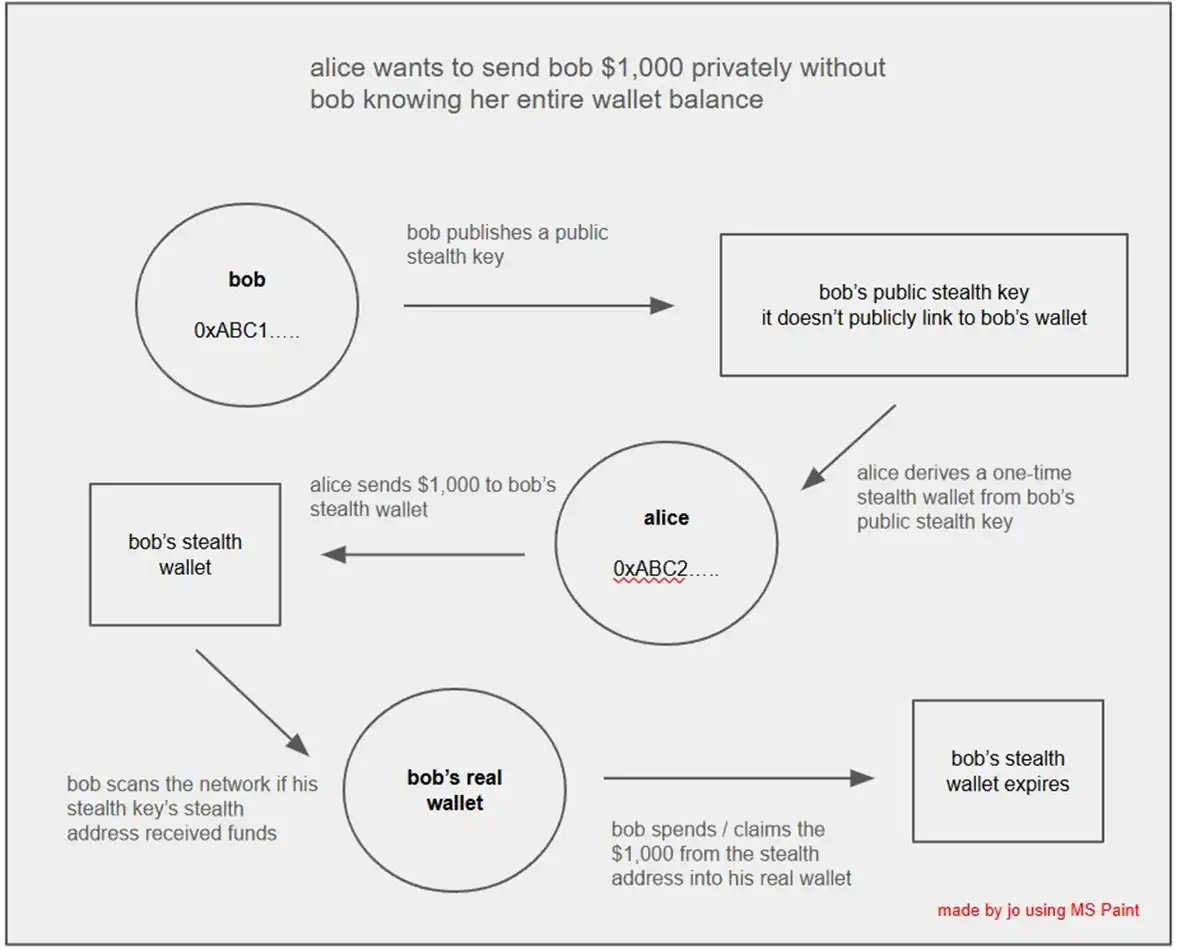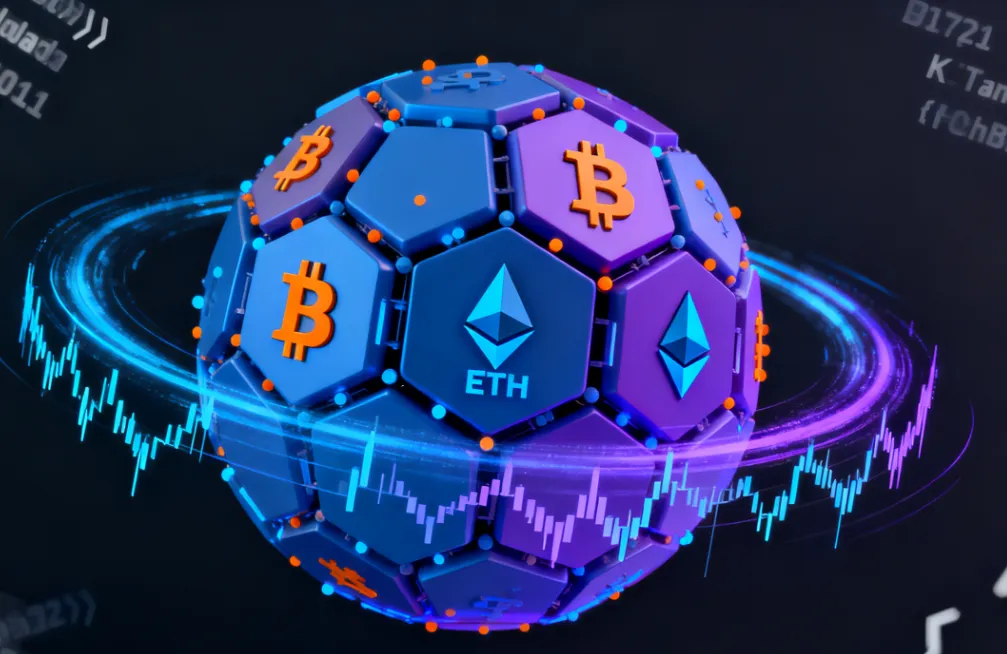On November 16, Ethereum founder Vitalik showcased Kohaku, a privacy-first toolset aimed at enhancing the privacy and security of the Ethereum ecosystem, at Devcon 2025 in Buenos Aires, Argentina.
What exactly is Kohaku? How does it achieve privacy? Is privacy becoming increasingly important in the Ethereum ecosystem?
Ethereum in 2025 is increasingly focused on privacy and security
As early as 2023, in his article "Three Transformations," Vitalik mentioned the "privacy transformation":
"Ensure that privacy-protecting fund transfer services are provided, and ensure that all other tools being developed (social recovery, identity, reputation) have privacy protection features."
"Without a privacy transformation, Ethereum will fail, because making all transactions (and POAPs, etc.) publicly viewable is too great a sacrifice for many users' privacy, and everyone will turn to centralized solutions that can at least hide data to some extent."
Two months after the publication of "Three Transformations," Vitalik co-authored an article titled "How Privacy Pool Protocols Protect User Privacy While Meeting Compliance Requirements." Later, when we introduce Kohaku, we can see the practical results of Ethereum in this direction.
At the end of 2024, Vitalik published a blog post detailing his vision for the ideal crypto wallet, again mentioning that "focusing on privacy and security attributes is the most valuable."
Entering 2025, Vitalik increasingly mentioned privacy, and the Ethereum Foundation also took more actions regarding privacy. In April of this year, Vitalik released a simplified version of the Ethereum L1 privacy roadmap.
In May, he posted on social media stating, "Nordic countries are abandoning the push for a cashless society because their centralized implementation of this concept is too fragile. It turns out that cash as an alternative is necessary. Ethereum needs to have enough resilience and privacy to play a trusted role in such scenarios."
On September 14, the Ethereum Foundation released an end-to-end privacy roadmap aimed at building comprehensive privacy protection for the world's second-largest blockchain. The original "Privacy and Scalability Exploration Team" was renamed to "Ethereum Privacy Steward" (PSE), shifting its focus from speculative exploration to solving practical problems and optimizing ecosystem outcomes.
On October 9, the Ethereum Foundation announced the establishment of a Privacy Cluster, composed of 47 top blockchain researchers, engineers, coordinators, and cryptography experts, aimed at promoting privacy protection features in the Ethereum network. This cluster, coordinated by Igor Barinov, will integrate the foundation's existing privacy R&D projects and promote new privacy-related initiatives. On the same day, Vitalik retweeted the Kohaku roadmap, stating that full-stack privacy and security are Ethereum's top priorities.
On October 10, the Ethereum Foundation's funding coordination team launched a new funding mechanism in collaboration with Keyring Network to support privacy developers.
The latest development is the live demonstration of Kohaku that we saw at Devcon. It is worth mentioning that in this year, when Ethereum is increasingly focused on promoting privacy and security, the token that has benefited the most is likely Railgun ($RAIL), which just set a historical high of $5 earlier this month, nearly 10 times the lowest point in April of this year.
What is Kohaku?
Kohaku is an open-source project aimed at enhancing on-chain privacy and security. It provides a modular foundational framework that allows developers to build secure, privacy-focused wallets without relying on centralized third-party institutions.
On Kohaku's official GitHub page, the documentation mentions three privacy-protecting fund pool protocols: Railgun, Privacy Pools (in development), and Tornado (in development), which enable users to securely hide their funds.
Kohaku may be the largest privacy upgrade solution for Ethereum to date. To better visualize its workflow, we quote the Kohaku workflow diagram created by @iamjosephyoung:

Suppose Bob has a regular address (0xABC…), he creates a concealed key pair associated with that address.
Based on that key pair, Alice derives a completely random and one-time concealed address and transfers $1000 to that address.
Bob scans the network to see if the address corresponding to his concealed key pair has received funds.
Bob spends or withdraws $1000, and the one-time address expires and is no longer used.
In summary, Kohaku uses the user's public key to create a temporary concealed address, allowing you to perform private operations without exposing the association with the main wallet. The concealed address is a privacy solution proposed by Vitalik (ERC-5564 standard), allowing the sender to generate a unique, one-time address for the receiver. This address is designed for a single transaction and will not be reused, thus preventing the transaction from being traced back to the user's identity. People can only see that Alice sent money to this address, but cannot know that Bob is behind this address, while Bob can directly control the assets within this address through his key pair.
Unlike shared mixing pools like Tornado Cash, Kohaku does not rely on mixing with other users; it complies with regulatory requirements because Bob can selectively disclose the complete transaction history as needed.
Railgun even has a decentralized malicious transaction prevention system called "Private Proofs of Innocence," which uses publicly available malicious address sets from the chain to prove the safety of fund sources without compromising user privacy, preventing users from receiving illegal funds.
At Devcon, Privacy Pools (@0xprivacypools) conducted a live transfer demonstration of this feature.

Kohaku caters to the major trend of compliance without undermining auditability while also addressing privacy needs. In the long run, this may provide a perfect option for institutions for large fund transfers on-chain.
免责声明:本文章仅代表作者个人观点,不代表本平台的立场和观点。本文章仅供信息分享,不构成对任何人的任何投资建议。用户与作者之间的任何争议,与本平台无关。如网页中刊载的文章或图片涉及侵权,请提供相关的权利证明和身份证明发送邮件到support@aicoin.com,本平台相关工作人员将会进行核查。



